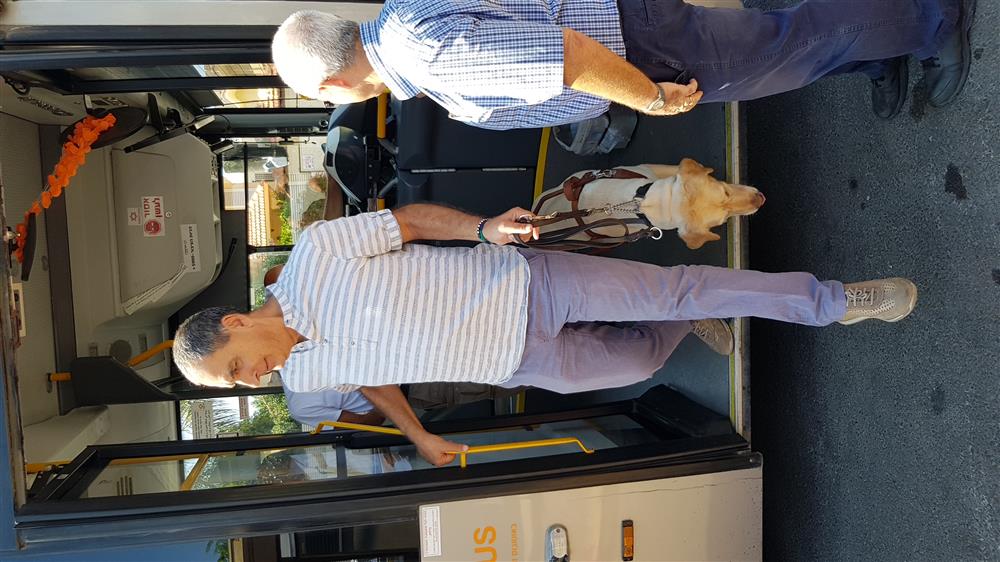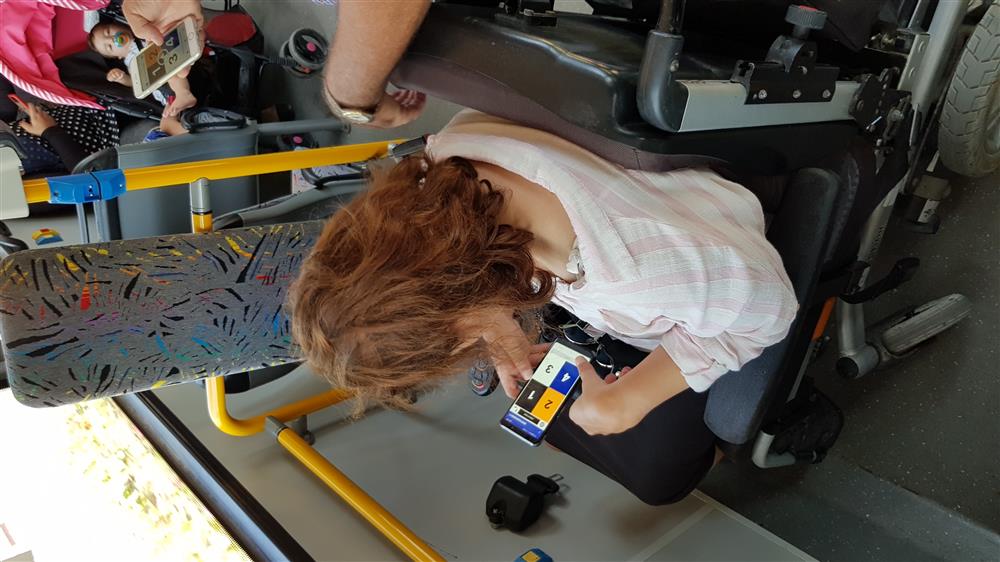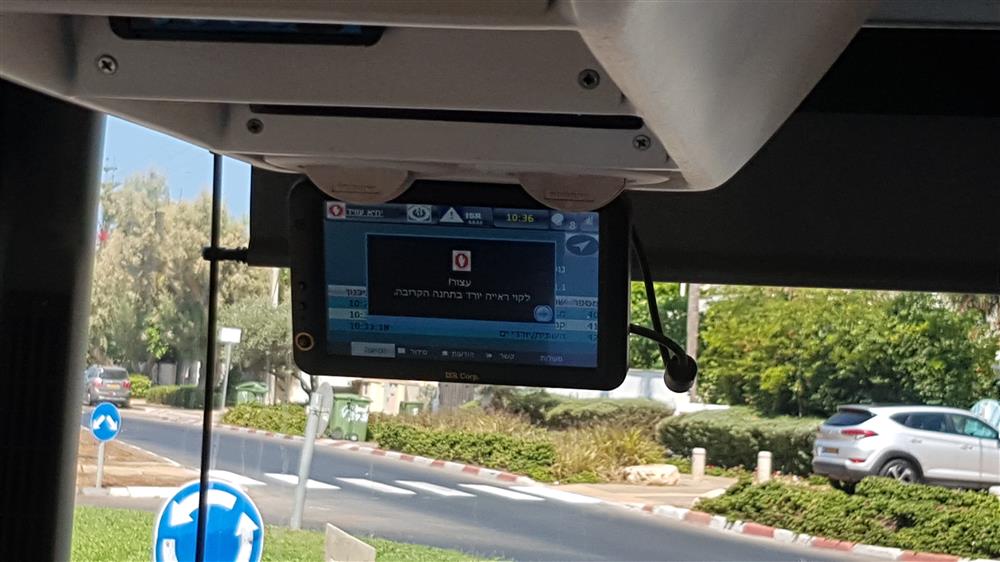An app for orientation in open and closed spaces
- Organization
- Step-Hear
- Country of Implementation
- Israel
- Region
- Asia & Pacific
- Subregion
- MENA
- Start Year
- 2011
- First published
- 31.01.2019

Solution details
“I certainly call this moment – the initial operation of the Step-Hear system on buses – the dawn of a new day!” Amit Unger, The House of Wheels Association
Problems Targeted
People with visual impairment often have difficulty finding their way in new surroundings, such as a shopping mall or a museum.
Solution, Innovation and Impact
Step-Hear develops and markets assistive technologies designed to provide orientation and audio messaging for the blind and visually impaired in open and closed spaces. More than 3,500 Audio-signs have been placed throughout Israel, primarily in universities, hospitals, and parks. In addition, Step-Hear has signed up more than 1,500 locations (such as public transport vehicles, municipalities, public beaches, and banks) where pre-positioned Beacons communicate with the user’s smartphone. When the user comes close to a Step-Hear device and receives a signal, her/his smartphone vibrates, and the user can decide whether to receive information about the location via the smartphone as a voice message or from the Audio sign. With the same app, users can be informed about the approach of a public bus or send a message to the bus driver that he or she wants to get off at the next stop. Step-Hear is available in English, Hebrew, Turkish, and French among other languages, and has already expanded to Australia, Sweden, the United States, and elsewhere. In addition, Step-Hear has developed “Call-Hear” – a call-for-help system that signals when an individual on a company’s premises needs assistance or service. The Step-Hear app can be downloaded free of charge and had some 3,000 users in 2018.
Funding, Outlook and Transferability
Step-Hear generates income from service providers that are interested in implementing the app and want to provide improved accessibility features for their customers/clients with disabilities. To finance expansion, the company received a loan from the Innovation Authority, a government institute. Starting in 2018, Step-Hear is running a pilot project for an accessible public transportation system in Israel involving 70 buses and 170 bus stops. Step-Hear envisions that it will eventually offer an accessible “Waze for disabilities.” Waze is a GPS navigation software that works on smartphones and tablets with GPS support. It includes all accessible and inaccessible places and preferred access routes for people with various disabilities, including visual and intellectual. Moreover, Step-Hear will continue to expand its usage in other countries.
Media
Related information
- Connections
- 2
-
Organization
- People

